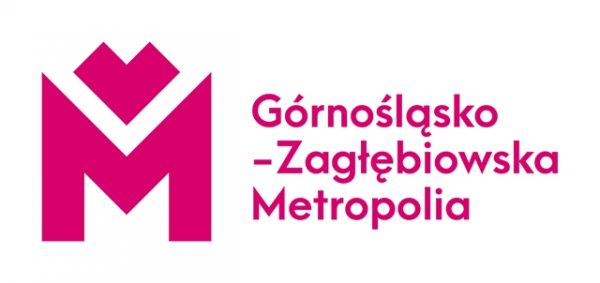The University of Silesia in Katowice will host Alex Clarke, PhD, a cognitive and behavioral neuroscientist from the University of Cambridge (Great Britain), who will deliver two online lectures and a seminar on neural representations in the human brain. The first lecture, “Visual, semantic and contextual processing during object recognition” will take place on 11 October 2021, 2.55 p.m. – 4.25 p.m. (as part of Silesian Science Festival KATOWICE)
Topic
Object recognition is known to rely on the ventral visual pathway extending into the anterior temporal lobe and perirhinal cortex. Multivariate methods and the application of computational models with fMRI point to increasingly complex visual and semantic representations along the posterior to anterior axis of the ventral visual pathway. However, the dynamic mechanisms of these visual and semantic processes have been more elusive. Research points to both feedforward and feedback dynamics contributing to object recognition within the first 400 ms of seeing an object, with a period beyond approximately 150 ms appearing critical for the formation of coherent conceptual representations. During the lecture, Clarke will present further work detailing the visual and semantic dynamics during this period, and how they are modulated by both the task and the prior context the object is situated in. Finally, the speaker will present work that aims to study these processes in dynamic real world environments.
The lecturer:
Alex Clarke, PhD is a world-class scientist focusing on neural dynamics and the mechanisms through which vision can activate semantics, and how our knowledge of the world around us changes this dynamic. Combining magnetoencephalography (MEG), electroencephalography (EEG), functional magnetic resonance imaging (fMRI), neuropsychology, and augmented reality (AR), it takes a multimodal approach to better understand the nature of semantic representations in the brain.
Clarke obtained his PhD in Experimental Psychology at Clare College, Cambridge University in 2011 under the supervision of Prof. Lorraine K. Tyler. He is currently a Scholar of Sir Henry Dale programme, a collaboration between the Royal Society of London and the Wellcome Trust foundation. The programme is dedicated to outstanding postdoctoral researchers wishing to build their own independent research career in an institution (based in Great Britain) dealing with an important biomedical issue. Clarke, PhD is also a lecturer at St. John’s College Cambridge and the University of Cambridge. Previously, he worked as a lecturer at the University of Anglia Ruskin and a researcher at the University of California, Davis (USA) and the University of Cambridge. He is the author of over 30 scientific papers in the field of research on memory, vision, semantics and neuroimaging.
How to join the meeting?
The meeting will be held online on the Zoom platform (Meeting ID: 973 1771 9847, Passcode: s1FGGM).

The project “Study of human brain activity in various cognitive states” was co-financed by the Metropolis GZM as part of the programme „Metropolitalny Fundusz Wspierania Nauki” (Metropolitan Fund for the Support of Science) in the years 2019-2022. The grant amount was PLN 18,414.00.






![[ONLINE] “Visual, semantic and contextual processing during object recognition” – a lecture](https://us.edu.pl/wp-content/uploads/obrazek-wyróżniający/800x600px-2-2.png)